The underwater world is filled with wonders, but few are as intellectually impressive as cichlids. These colorful freshwater fish, popular among aquarium enthusiasts, possess cognitive abilities that challenge our understanding of fish intelligence. Among their most remarkable traits is their extraordinary memory capacity—a feature that has fascinated scientists and hobbyists alike. From recognizing human faces to remembering complex spatial layouts, cichlids demonstrate memory capabilities that seem almost impossible for creatures with such small brains. This article explores the fascinating memory abilities of cichlids, how these skills benefit them in the wild and captivity, and what this means for our understanding of animal cognition.
The Cognitive Powerhouse of Freshwater Ecosystems
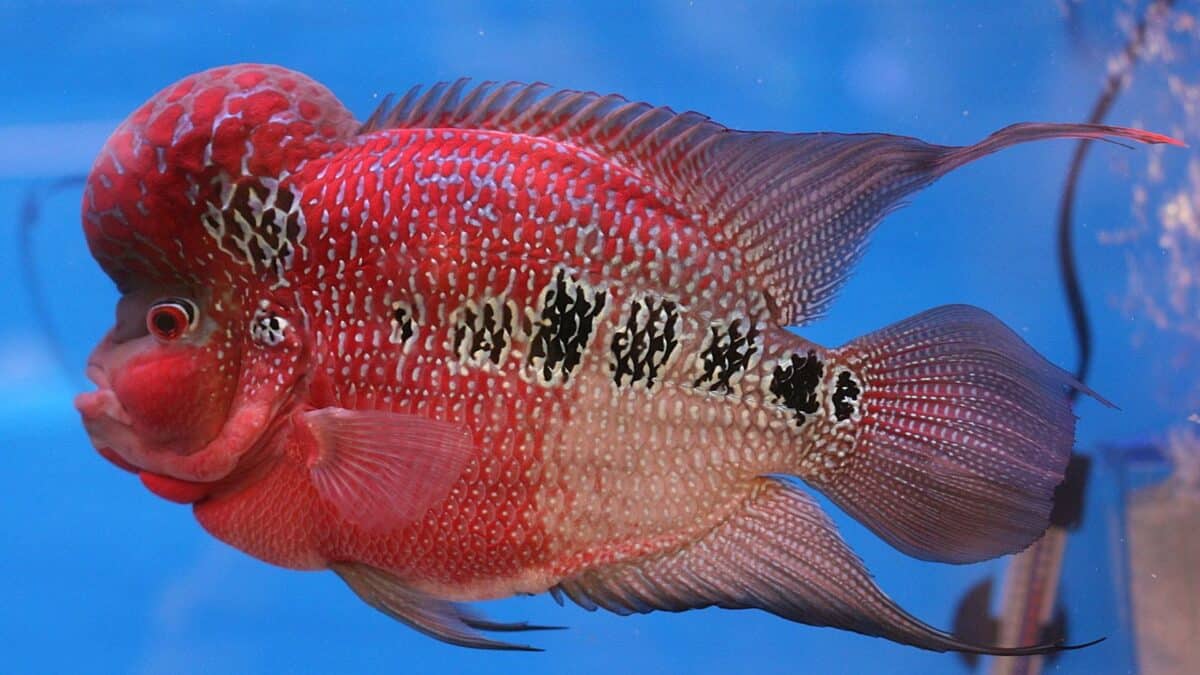
Cichlids represent one of the most diverse families of vertebrates on Earth, with over 1,600 described species and potentially many more awaiting scientific classification. These remarkable fish are found primarily in Africa, South America, and parts of Asia and North America. Despite their varied habitats, cichlids share an exceptional cognitive architecture that supports advanced memory functions rarely seen in other fish families.
Research has shown that cichlids possess a telencephalon (the forward part of the brain) that is proportionally larger than those of many other fish species. This brain region is associated with learning, memory, and social behaviors in vertebrates. The neural density and complexity within this region allow cichlids to process and store information in ways that enable sophisticated memory retention, spatial awareness, and even recognition abilities that were once thought impossible for fish.
Facial Recognition: Beyond Human Expectations
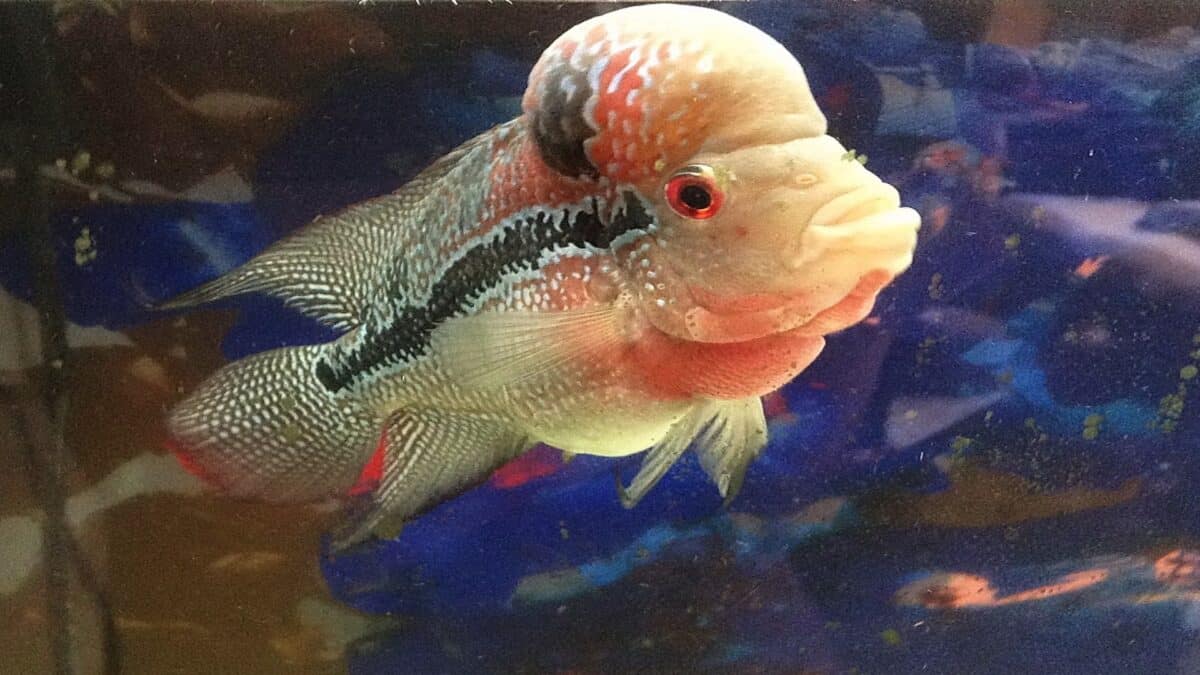
One of the most stunning aspects of cichlid memory is their ability to recognize individual human faces. Studies conducted at the University of Oxford demonstrated that cichlids can distinguish between familiar and unfamiliar human faces, even when those faces are presented from different angles or under varying lighting conditions. This remarkable feat challenges the notion that facial recognition requires the specialized neural architecture found only in mammals and birds.
Researchers believe this ability evolved from the cichlids’ need to recognize individual fish within their social groups. In the wild, cichlids live in complex social structures where recognizing friends, foes, and potential mates is crucial for survival and reproductive success. This natural predisposition for individual recognition has apparently transferred to their ability to recognize their human caretakers, a skill that many aquarium hobbyists have noticed when their cichlids react differently to family members versus strangers.
Spatial Memory: Mapping Their Underwater World
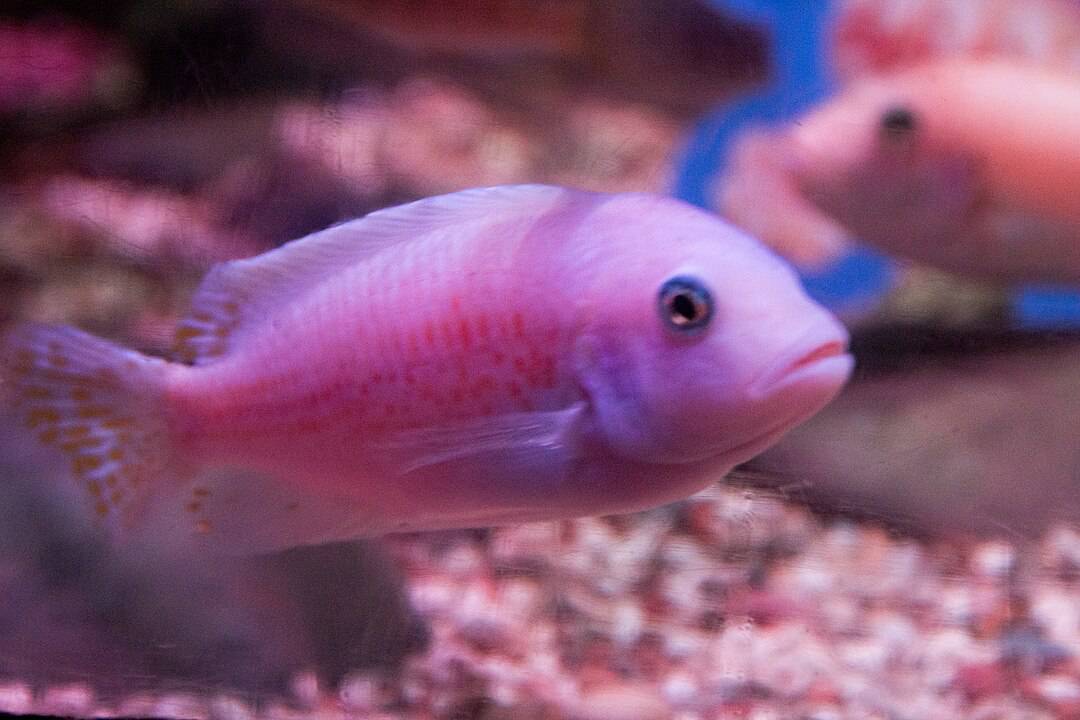
Cichlids possess exceptional spatial memory capabilities that allow them to create detailed mental maps of their environments. In the wild, this ability helps them navigate complex reef structures, remember feeding locations, and find their way back to territories after foraging expeditions. Scientists studying Lake Malawi cichlids discovered that these fish can remember the locations of food sources for weeks or even months after a single exposure.
In aquarium settings, this spatial memory becomes evident when cichlids quickly adapt to tank rearrangements, finding new hiding spots and establishing territories within hours. They remember feeding stations, preferred resting areas, and safe retreats with remarkable precision. This spatial awareness contributes to their success as a species, allowing them to efficiently utilize resources in their environment while minimizing energy expenditure on continuous exploration.
Social Memory: Recognizing Friends and Foes

Cichlids maintain complex social structures that require sophisticated memory systems to track relationships. Studies have shown that cichlids can remember and recognize dozens of individual fish in their social groups, a capability that helps maintain hierarchies and reduce conflict. This social memory allows them to recall past interactions with specific individuals and adjust their behavior accordingly—approaching friendly fish while avoiding those with whom they’ve had negative encounters.
Particularly impressive is their ability to remember social hierarchies even after periods of separation. In one study, African cichlids were able to recognize group members after being separated for up to two weeks, immediately resuming their previous social relationships without the need to re-establish dominance hierarchies. This suggests a long-term social memory that persists despite interruptions, a cognitive feat that speaks to the sophisticated nature of their memory systems.
The Role of Memory in Parental Behavior
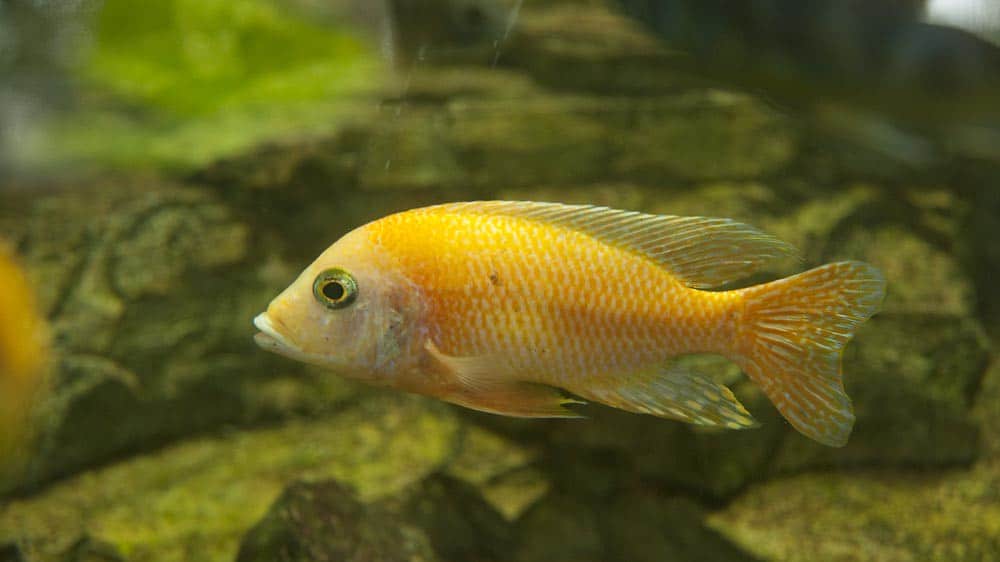
Many cichlid species are renowned for their dedicated parental care, and memory plays a crucial role in this behavior. Parent cichlids can recognize their own offspring among hundreds of similar-looking fry, protecting them from predators and even from other cichlids’ young. This ability relies on both visual and chemical memory cues that allow parents to distinguish their genetic offspring from potential impostors.
Research on the mouthbrooding cichlids of Lake Tanganyika has revealed that mother cichlids can remember and recognize their own young even after periods of separation, suggesting a form of offspring imprinting that persists in long-term memory. This memory-based recognition system ensures that parental investment is directed toward genetic offspring, maximizing reproductive success in environments where multiple broods may mix. The cognitive demands of such discriminatory parental care have likely contributed to the evolution of enhanced memory systems in these remarkable fish.
Memory Development and Learning Capabilities
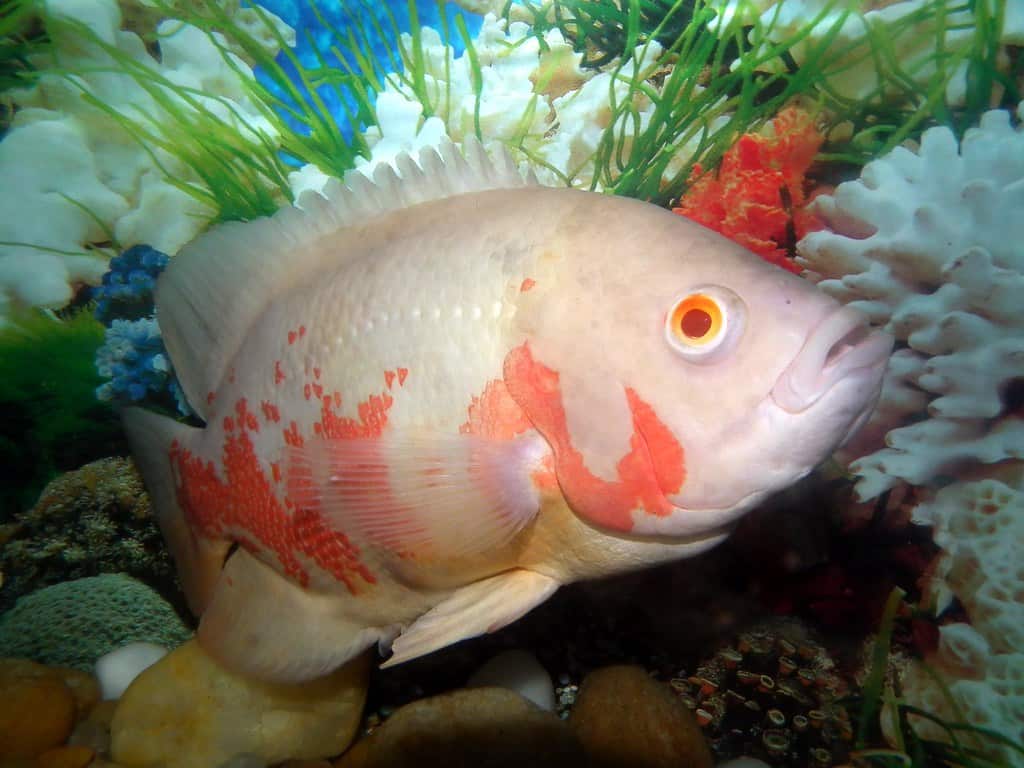
Cichlid memory isn’t fixed at birth but develops and improves through experience and learning. Young cichlids demonstrate increasingly sophisticated memory capabilities as they mature, with adults showing remarkably enhanced retention compared to juveniles. This developmental trajectory suggests that their memory systems are plastic and responsive to environmental stimulation, much like those of mammals and birds.
Their learning capabilities extend to associative memory, where they can connect specific stimuli with outcomes. Aquarium hobbyists often observe this when cichlids learn to associate the sound of the fish food container with feeding time, or when they recognize specific tools used for tank maintenance. In laboratory settings, cichlids have demonstrated the ability to learn complex tasks through both observation and trial-and-error, retaining these learned behaviors for months without reinforcement. This combination of memory development and learning capability makes cichlids exceptional subjects for cognitive research.
Memory Variation Across Cichlid Species
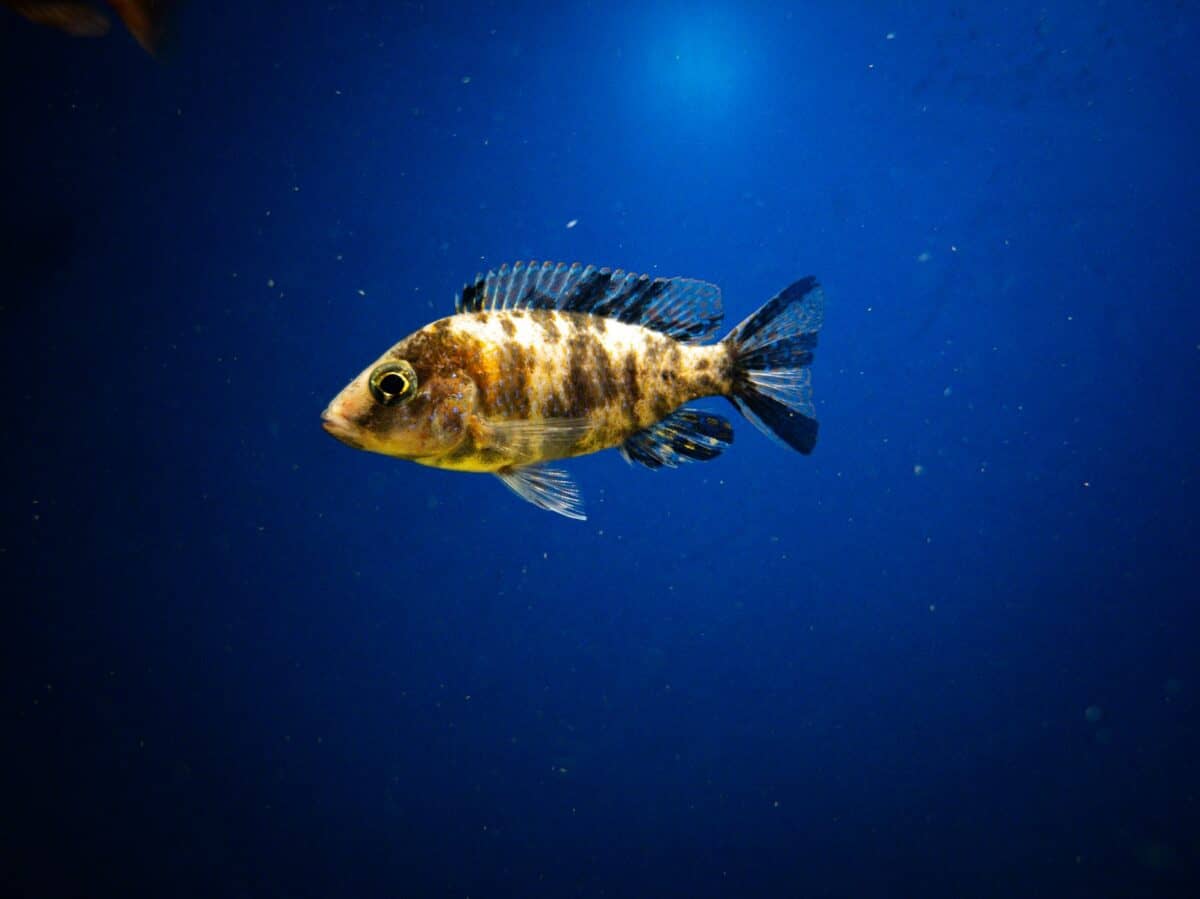
While impressive memory capabilities appear throughout the cichlid family, significant variations exist between species. Those cichlids that have evolved in complex physical environments, such as the rock-dwelling “mbuna” cichlids of Lake Malawi, typically demonstrate superior spatial memory compared to species from more open habitats. Similarly, highly social species tend to exhibit enhanced social recognition memory compared to more solitary species.
These variations reflect the evolutionary pressures that have shaped different cichlid lineages. Species that engage in complex parental care typically show enhanced offspring recognition, while territorial species excel at spatial boundary memory. These differences provide fascinating insights into how cognitive specializations evolve in response to ecological and behavioral demands, making cichlids an ideal group for studying the evolution of specialized memory systems in vertebrates.
The Evolutionary Advantages of Enhanced Memory
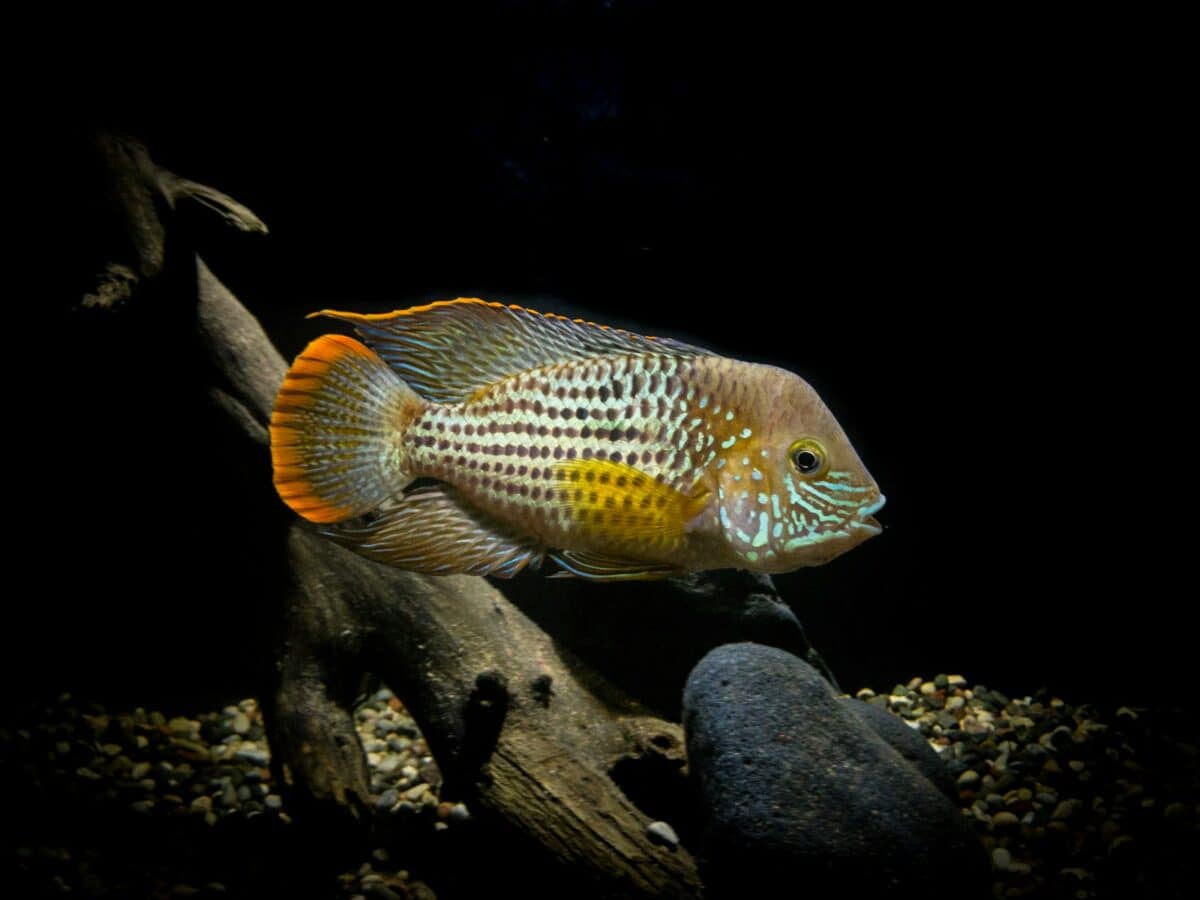
The exceptional memory capabilities of cichlids didn’t evolve by chance—they provide significant survival and reproductive advantages. Enhanced spatial memory allows cichlids to efficiently locate food resources and quickly return to safe territories when threatened. Social memory helps maintain stable group structures, reducing energy wasted on constant dominance disputes. Recognition memory enables parents to focus care on genetic offspring, maximizing reproductive success.
These memory advantages likely contributed to the remarkable adaptive radiation of cichlids, allowing them to occupy diverse ecological niches. In the African Great Lakes, cichlids have diversified into hundreds of species in relatively short evolutionary timeframes, with specialized cognitive abilities playing a key role in this diversification. The memory capabilities that allow a cichlid to remember complex three-dimensional territories or recognize dozens of conspecifics represent cognitive adaptations that have contributed to making cichlids one of the most successful vertebrate families on Earth.
Memory in Captivity: Recognizing Their Human Caretakers
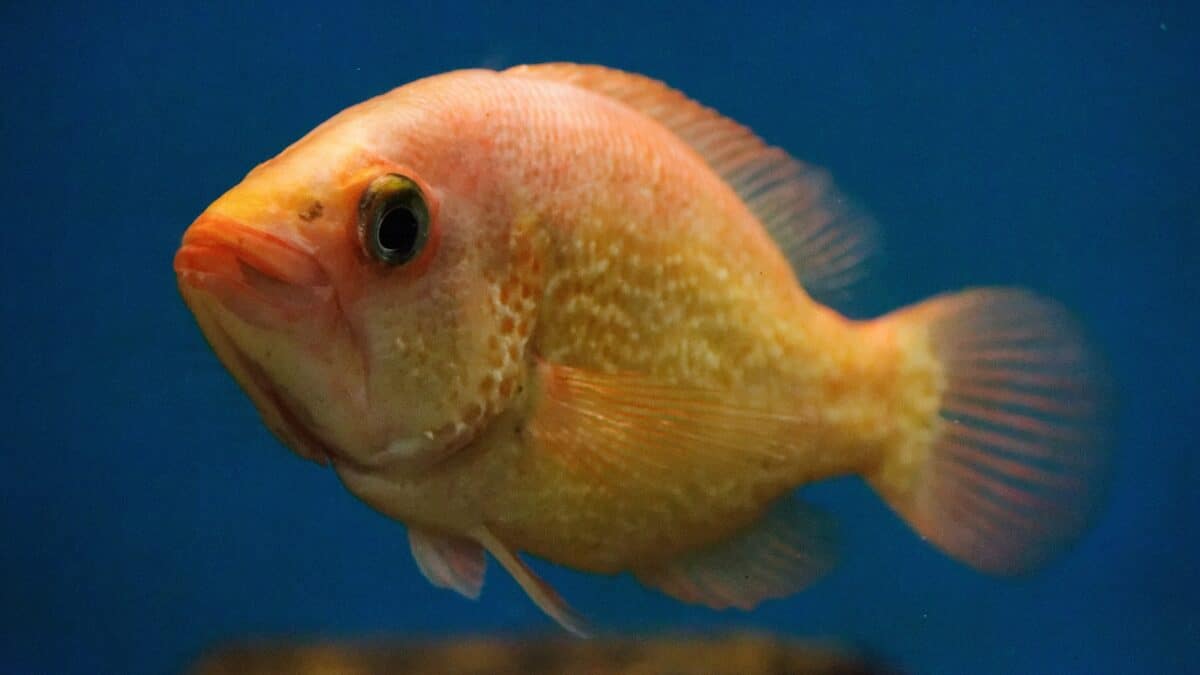
Aquarium enthusiasts have long reported that their cichlids seem to recognize them, often swimming to the front of the tank when their owner approaches while hiding when strangers appear. Scientific studies have confirmed these observations, demonstrating that cichlids can indeed distinguish between familiar and unfamiliar humans. Some species, particularly the larger cichlids like Oscars (Astronotus ocellatus) and flowerhorns, have been documented remembering their caretakers for years.
This recognition extends beyond simple familiarity. Cichlids can associate specific humans with particular events, such as feeding or tank maintenance. They may exhibit different behaviors depending on which family member approaches the tank, suggesting they remember not just faces but also the typical behaviors associated with each person. This sophisticated level of human recognition reveals the remarkable plasticity of cichlid memory, which can adapt to incorporate entirely novel stimuli that would never be encountered in their natural environments.
Memory and Problem-Solving Abilities

The exceptional memory of cichlids complements their impressive problem-solving abilities. Studies have shown that cichlids can remember solutions to puzzles or obstacles for extended periods, applying learned techniques when encountering similar challenges in the future. In laboratory settings, cichlids have demonstrated the ability to navigate mazes, locate hidden food sources, and even manipulate simple mechanisms to access rewards—all tasks that require the integration of memory with problem-solving skills.
These abilities have practical applications in their natural environments, where cichlids must navigate complex physical structures, find food in changing environments, and adapt to seasonal variations in their habitats. Their memory allows them to store successful strategies and experiences, building a repertoire of behavioral responses that can be deployed when needed. This cognitive flexibility, supported by robust memory systems, contributes significantly to the evolutionary success of cichlids across diverse ecological niches.
Harnessing Cichlid Memory for Training
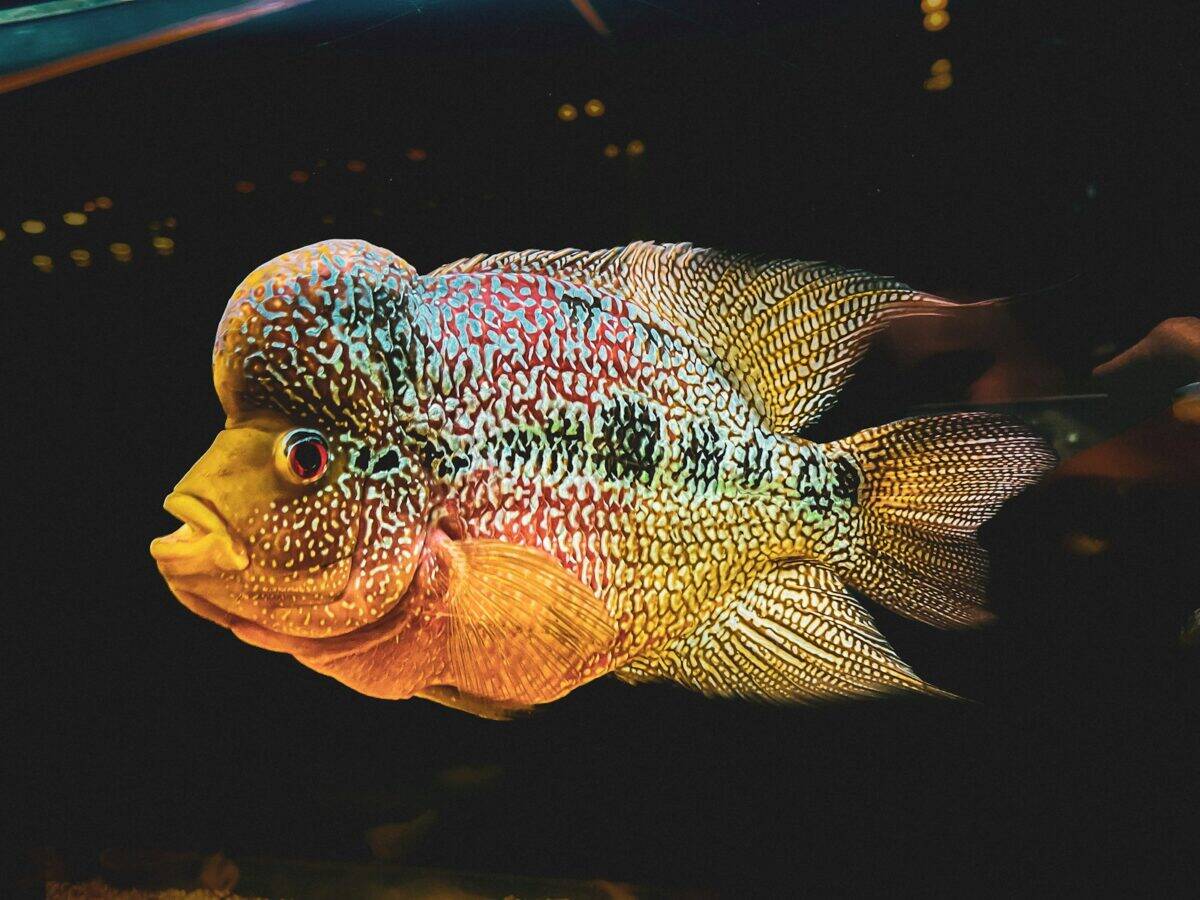
The remarkable memory capabilities of cichlids make them surprisingly trainable for fish. Enthusiasts have successfully taught cichlids to perform various behaviors, from swimming through hoops to following a moving target around the tank. These trained behaviors can persist for months or even years without reinforcement, demonstrating the durability of cichlid memory. Some dedicated hobbyists have even trained their cichlids to respond to hand signals or simple verbal commands.
Training cichlids not only provides mental stimulation for these intelligent fish but also strengthens the bond between fish and keeper. The process leverages their natural associative memory capabilities, allowing them to connect specific signals with rewards. Interestingly, cichlids appear to remember not just the behavior itself but also the context in which it was learned, often performing better when training occurs in familiar settings with familiar people. This contextual memory suggests sophisticated cognitive processing that integrates multiple types of information into cohesive memory frameworks.
The Implications of Cichlid Memory for Fish Cognition Research
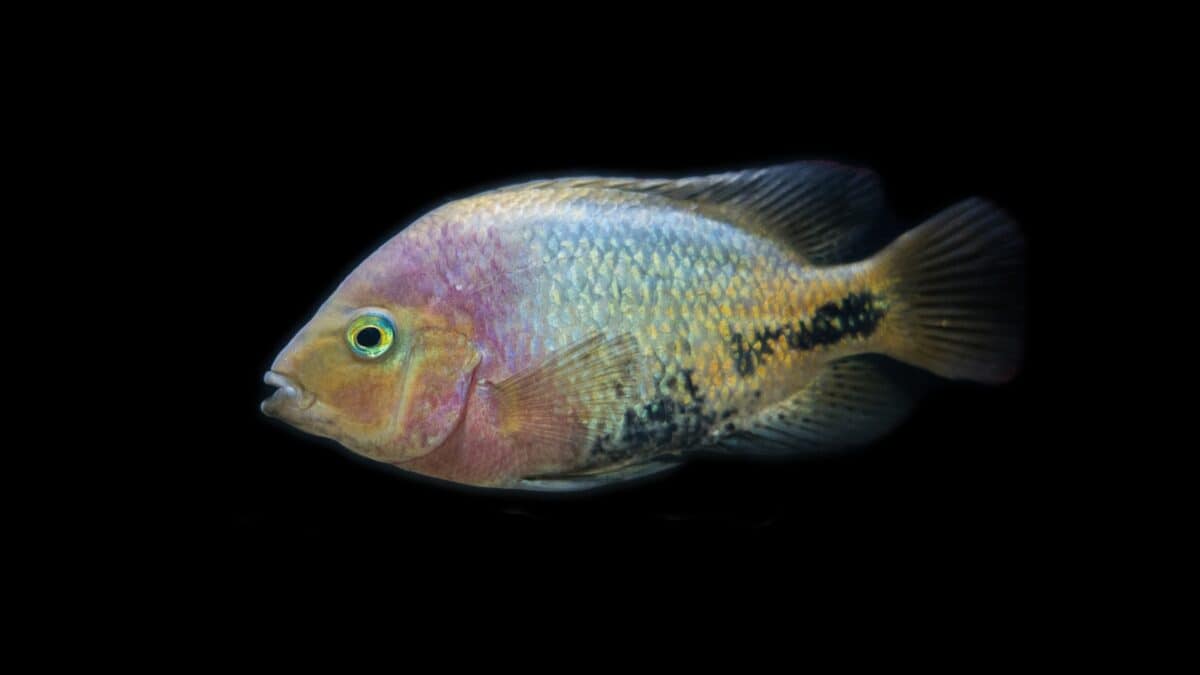
The extraordinary memory capabilities of cichlids have profound implications for our understanding of fish cognition. For decades, fish were dismissed as simple creatures with minimal cognitive abilities and “three-second memories”—a myth that cichlid research has thoroughly debunked. The sophisticated memory systems of cichlids challenge us to reconsider our assumptions about the cognitive capabilities of fish in general, suggesting that many other species may possess unrecognized intellectual abilities.
Research on cichlid memory has contributed to a paradigm shift in comparative cognition, with scientists increasingly recognizing that complex cognition can evolve in very different neural architectures than those found in mammals. The telencephalon of cichlids, while organized differently from the mammalian cortex, appears capable of supporting similar functional outcomes in terms of memory and recognition. This convergent evolution of cognitive capabilities across widely divergent vertebrate lineages suggests that the selective pressures favoring enhanced memory and cognition may be universal features of complex social and ecological interactions.
Conclusion: The Remarkable Minds in Your Aquarium

The extraordinary memory capabilities of cichlids reveal that sophisticated cognition isn’t limited to mammals and birds but can evolve in fish with the right ecological and social pressures. From recognizing human faces to remembering complex territories, cichlids demonstrate memory abilities that would have seemed impossible for fish just a few decades ago. This cognitive sophistication challenges us to view these popular aquarium inhabitants with newfound respect and appreciation for their intellectual capabilities.
For aquarium hobbyists, understanding the memory abilities of cichlids offers opportunities to provide more stimulating environments and build more meaningful relationships with these intelligent fish. For scientists, cichlids represent fascinating models for studying the evolution of cognition and the diverse neural architectures that can support complex memory systems. As research continues, we’re likely to discover even more impressive cognitive feats from these remarkable fish, further blurring the imagined boundaries between fish intelligence and the cognitive abilities we once considered unique to “higher” vertebrates.
The next time you approach your cichlid aquarium and see your fish swim eagerly to greet you, remember that you’re being recognized by a creature with memory capabilities that science is only beginning to understand. That recognition represents just one aspect of their remarkable cognitive toolkit—one that continues to surprise and impress those who study these extraordinary fish.
- Why You Should Never Approach a Bear - August 24, 2025
- New Record: The Longest Eagle Flight Ever Tracked - August 24, 2025
- The Most Dangerous US States for Animal Attacks - August 24, 2025

